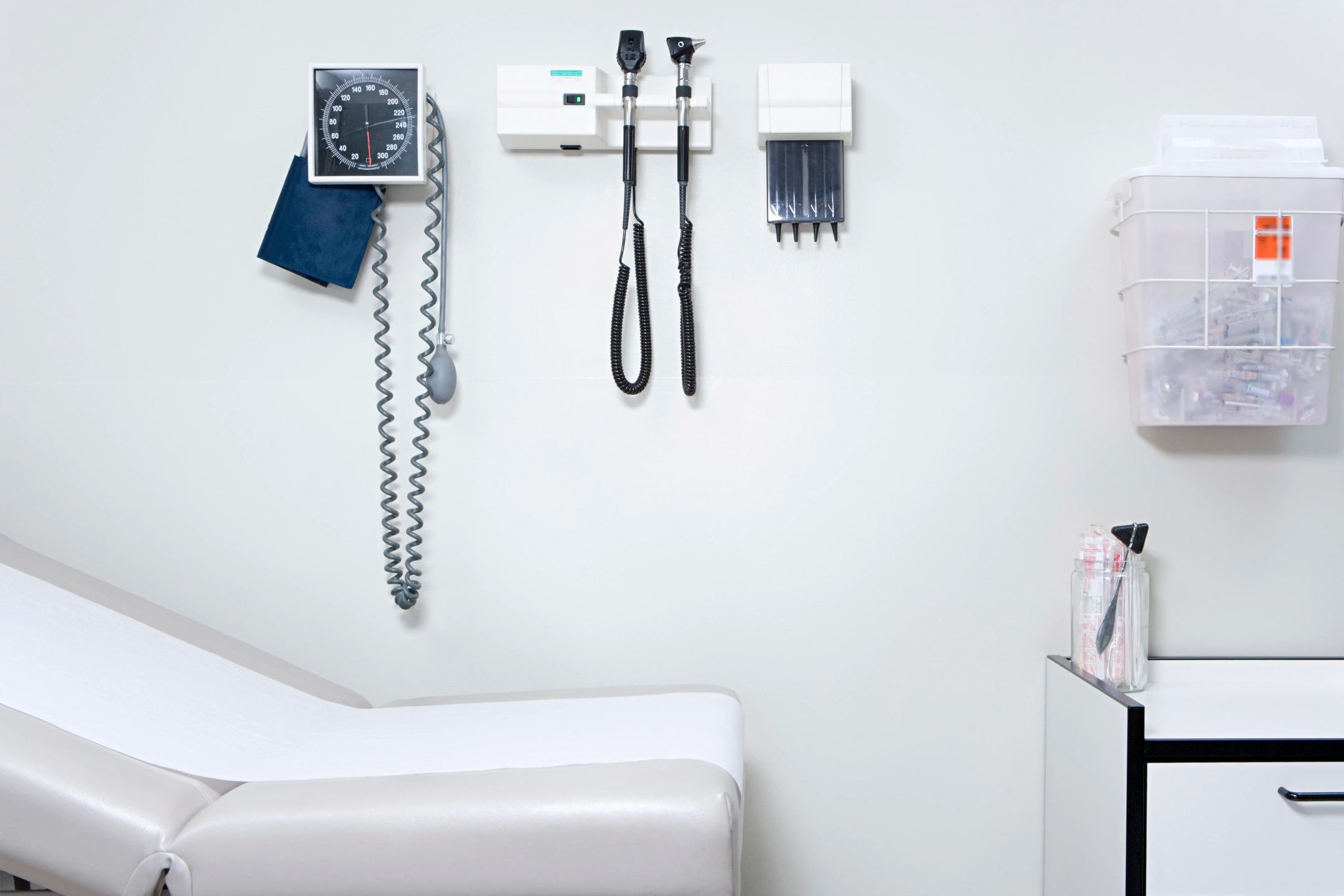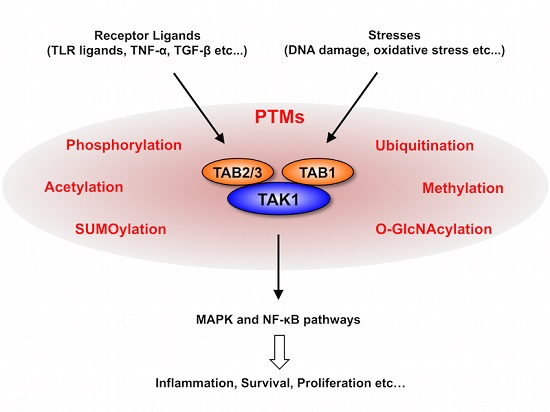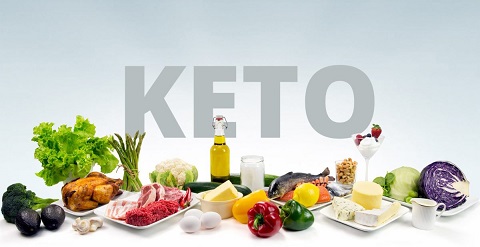Purines perform multiple important functions within our cells, including regulating energy metabolism and signaling the energy conversion from one to another. Purines are essentially the building blocks for all living things as a necessity for the growth, proliferation and survival of all cells. The two purine bases, adenine and guanine, create bonds that form the DNA ladder. Humans breakdown purines and convert them into uric acid.
Uric acid happens to be a potent DNA protector. All other mammals possess an enzyme known as uricase. Uricase converts uric acid into allantoin, which can easily travel through the bloodstream and readily eliminated through the urine. Humans do not possess this enzyme, therefore, we cannot oxidize uric acid into the more soluble compound of allantoin. Our liver and kidneys are left to do the all-important jobs of purine breakdown and uric acid disposal, conducted respectively.
Blood serum uric acid levels are determined by two components:
- uric acid synthesis
- uric acid excretion
Synthesis takes place in the liver as a result of the breakdown of purines. Purine levels are mostly determined by what is naturally produced by the body, with approximately the other 30% absorbed from the food we eat. The second component, uric acid excretion, is determined by the rate at which the kidneys are able dispose of the excess. According to a study conducted by Hyon K. Choi in 2005, about 90% of hyperuricemia is attributed to impaired renal excretion.
As we mentioned above, uric acid is a potent antioxidant and DNA protector. Could this be why only 10% of the uric acid that enters a normal human kidney is disposed of? Would it be safe to assume the other 90% that is reclaimed and sent back into the bloodstream is done so for our bodies to utilize its powerful antioxidant and free radical neutralizing powers?
According to science…..
Uric acid is responsible for the neutralization of over 50% of the free radicals in our bloodstream. Considering humans and primates are unable to naturally produce Vitamin C, we may have inherited the ability to utilize uric acid. Uric acid remains extremely controversial and difficult to manage. On one hand, uric acid protects high-oxygen tissues (like the brain) from damage and has been shown to increase the risks of several neurological disorders in the presence of sub-par levels. On the other hand, high-serum uric acid levels are inversely associated with the severity of several diseases, especially the state of cardiovascular diseases.
Is there a balance?
Yes, although the course(s) of action to achieve this balance may be equally as complex, as well as individually determined. As a former Gout sufferer, I naturally ventured down the path of reducing my purine intake by focusing on my diet. Once I understood a bit more about the roles of purines and uric acid I was able to conclude that this path was not going lead me to success.
I asked myself the following questions:
- If only 30% of the purines in my body come directly from food, then will a low-purine diet do anything to help with the main 70% of my production?
- Do I have any control over the other 70% that occurs naturally in my body?
- Am I doing anything to directly contribute to higher purine production aside from the food I eat?
- If the food I eat is low-purine, but still unhealthy, does that have any impact on the amount my body is naturally producing?
The last question truly gave me pause. If the natural purine production stems from normal DNA and RNA turnover, were there things I was doing to my body to cause my cells to die and turnover faster than usual?
This brought me to another series of questions, ones I believe to be more relevant to my cause:
- Do my medications and over-the-counter drugs contributing to faster cell death?
- Was I hydrated enough? Cellular dehydration is extremely common and definitely causes cellular turnover.
- Did my slightly overweight body and lack of exercise have anything to do with the health of my cells?
- Was my rather heavy alcohol consumption a bigger problem than just the purines alone? Does it affect my cells, too?
- Did my high stress life contribute to faster cellular death?
- Does my sweet tooth and sugar intake affect my cells and uric acid production?
- If my body can’t naturally produce certain vitamins and antioxidants, could I help my body by supplying enough in my diet and supplementation in hopes of my kidneys not reclaiming as much uric acid to help in their absence?
Looking ahead….
These are some really important questions that opened my eyes to a whole new approach and a whole new outlook on the importance of taking better care of myself. These questions initially targeted my efforts to gauge my cellular health (or lack thereof), but also really put my kidney and liver health into question. Many of us unknowingly damage the health of our cells, furthering excess uric acid production. In doing so, we are also placing unnecessary strain on the very organs we need to help us rid of the excess uric acid. What a conundrum!
These epiphanies led me to better health, elimination of my medications (blood pressure, cholesterol, and Gout), correction of my glucose levels, secured my beliefs in the right all natural remedies, led to my blog, and changed my life! It doesn’t have to be so overwhelming. Take a step back and look at the bigger picture and you will find there is a lot of common sense in play here, and even more common sense solutions. Take it slow, one adjustment at a time for attainable goals. This site offers a series of articles to highlight a bit more on the specifics regarding stress, hydration, diet, and much more
Here’s to your Gout and Inflammation free 2020 and beyond!






